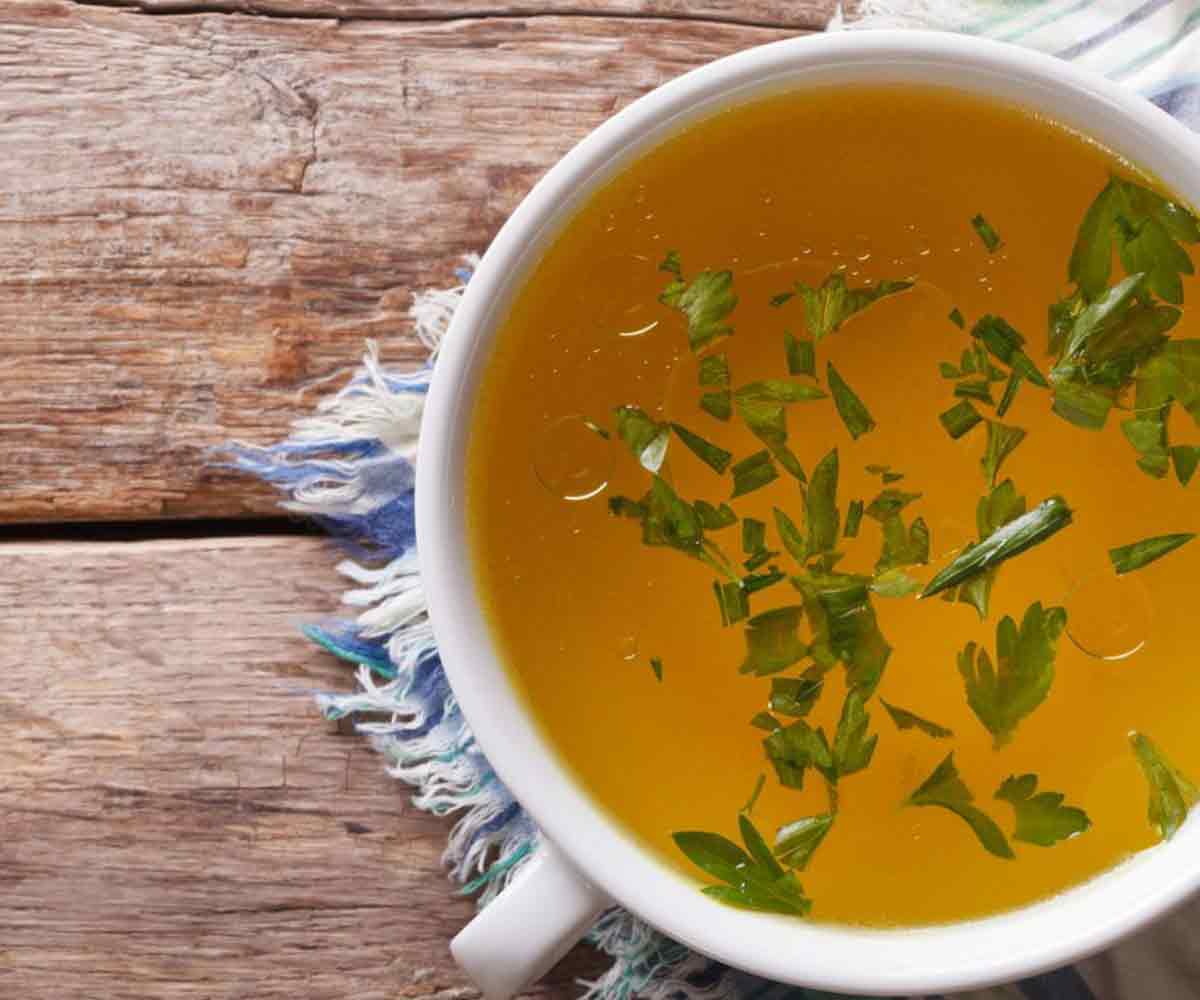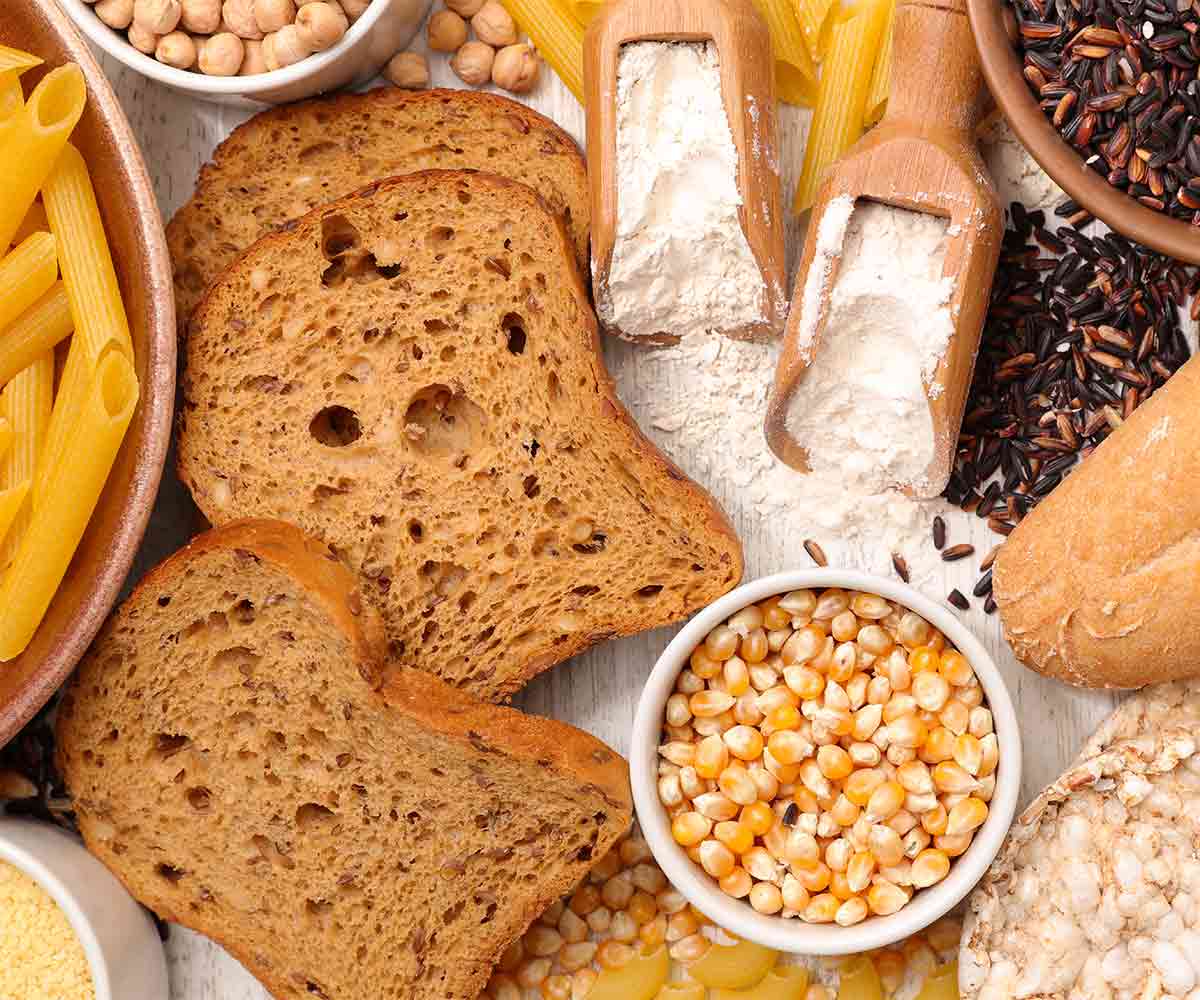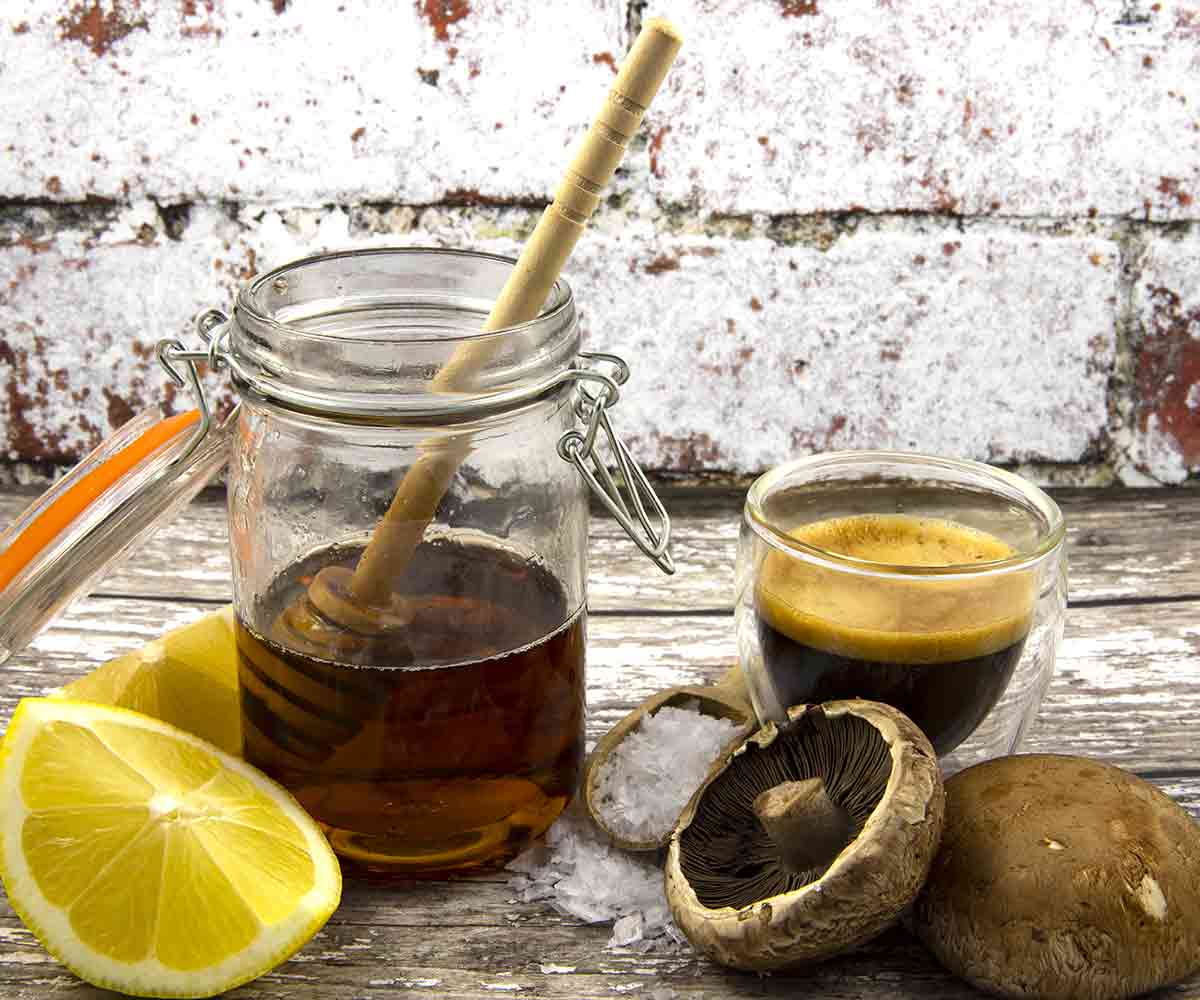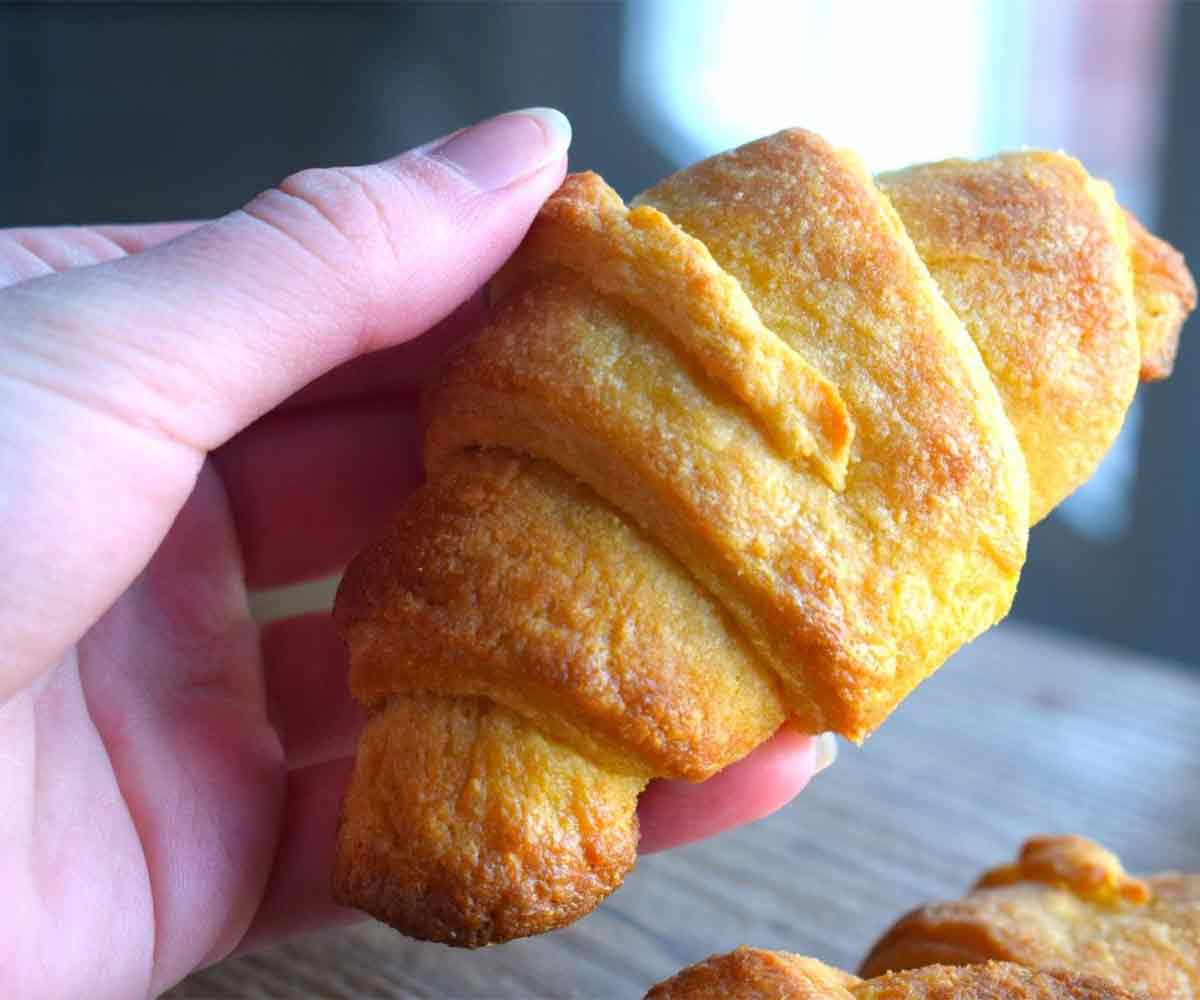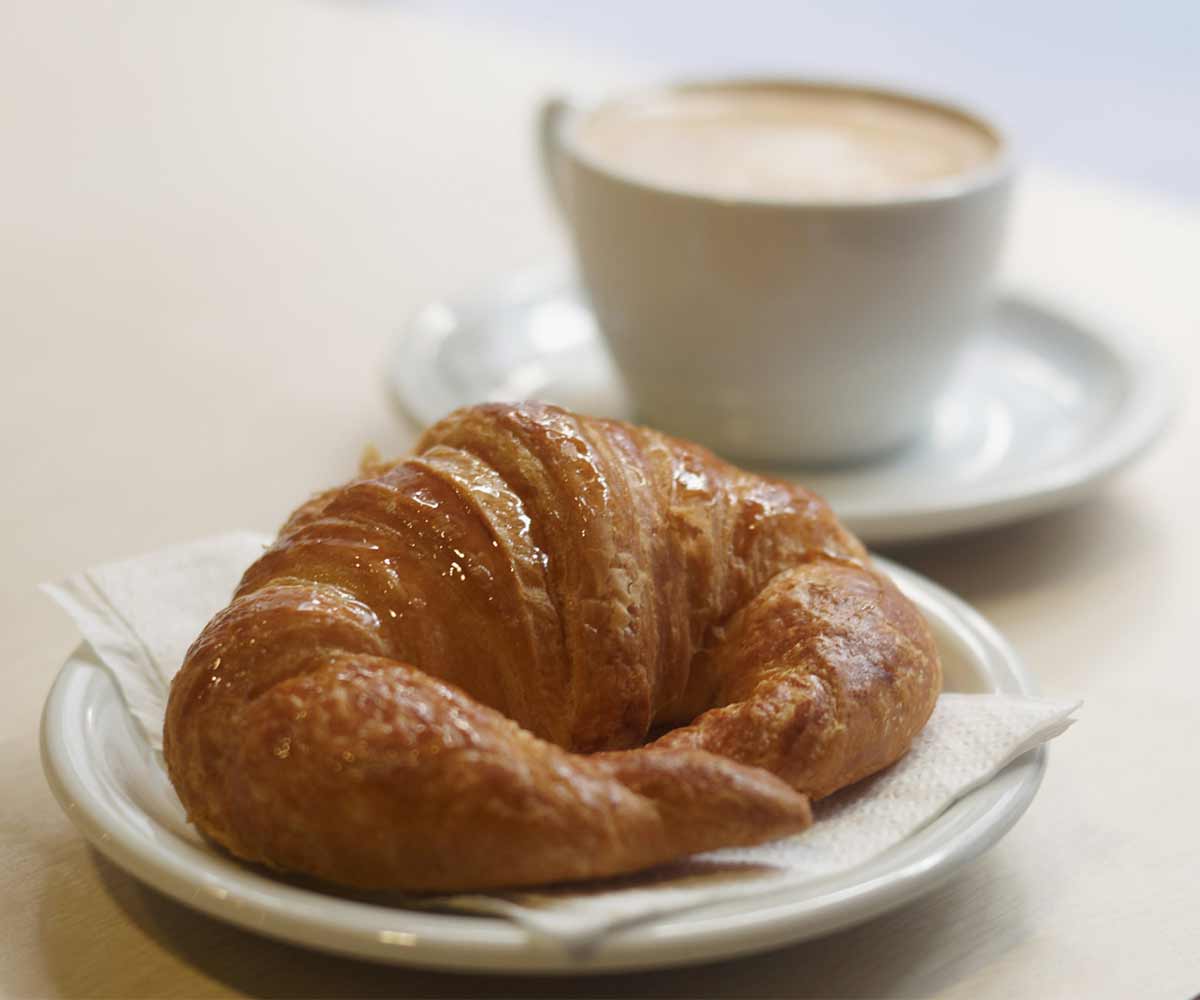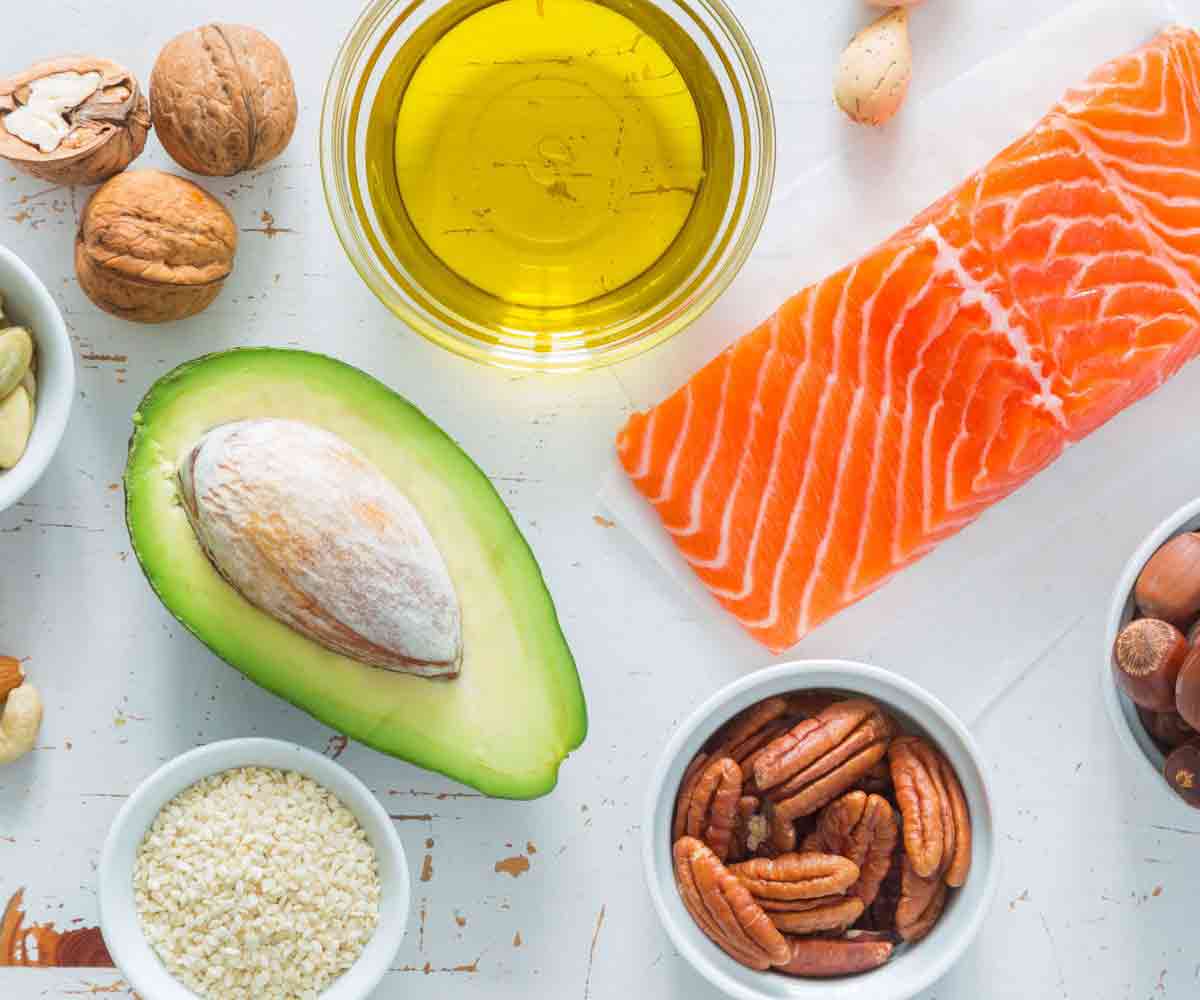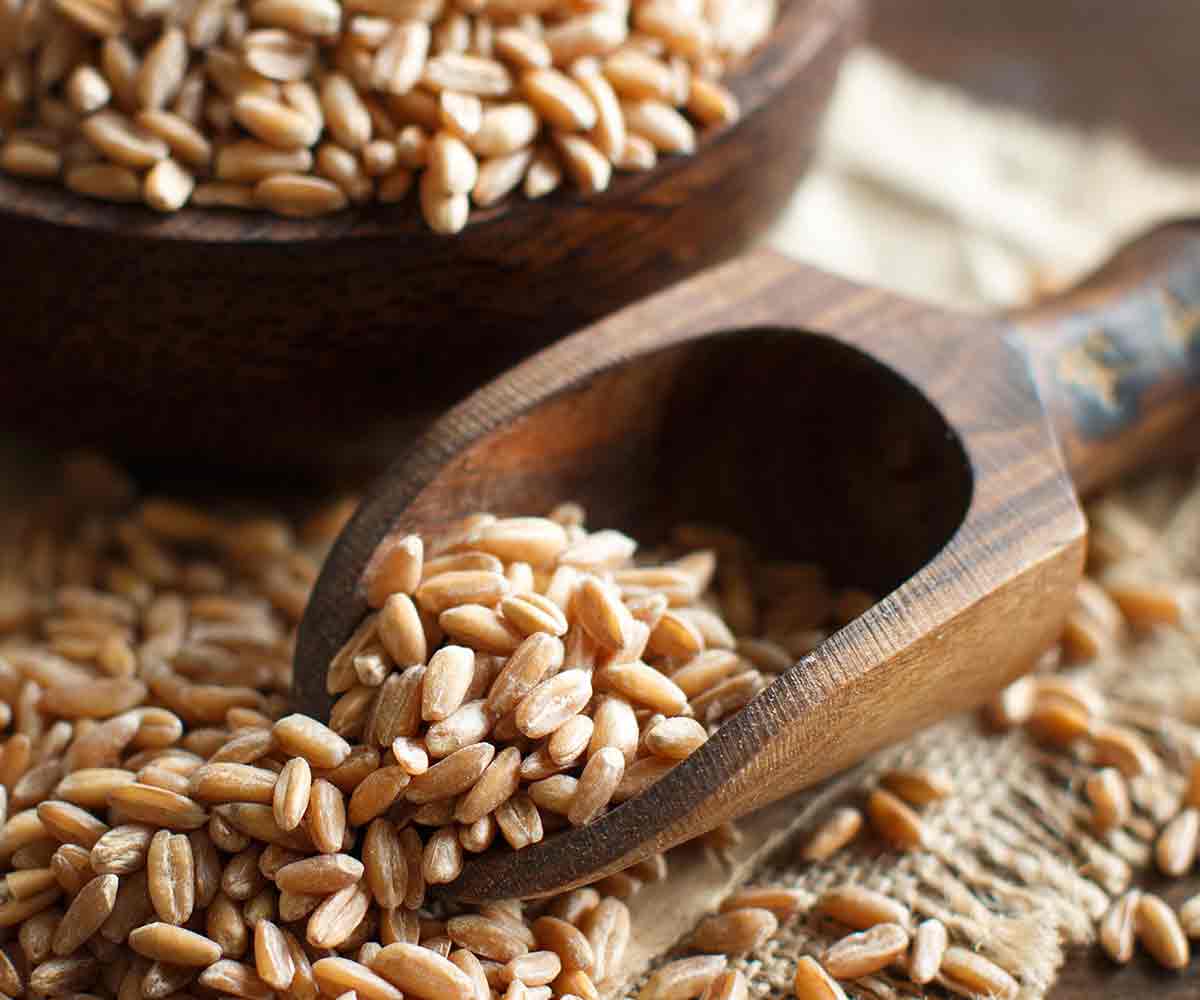Magic Mineral Broth
A vegetable broth made from organically grown vegetables can be an excellent source of essential electrolytes. Ionic minerals are the key to maintaining good health. My broth is incredibly nutritious and a health-boosting food that is very easy to make. There is no – absolutely no – need to use the bones of our animal kingdom for the so-called miracle cure-all that humans hanker after. The three “magic” ingredients in my mineral broth come from plants: Kombu seaweed, dried shiitake mushrooms, and dried daikon.

